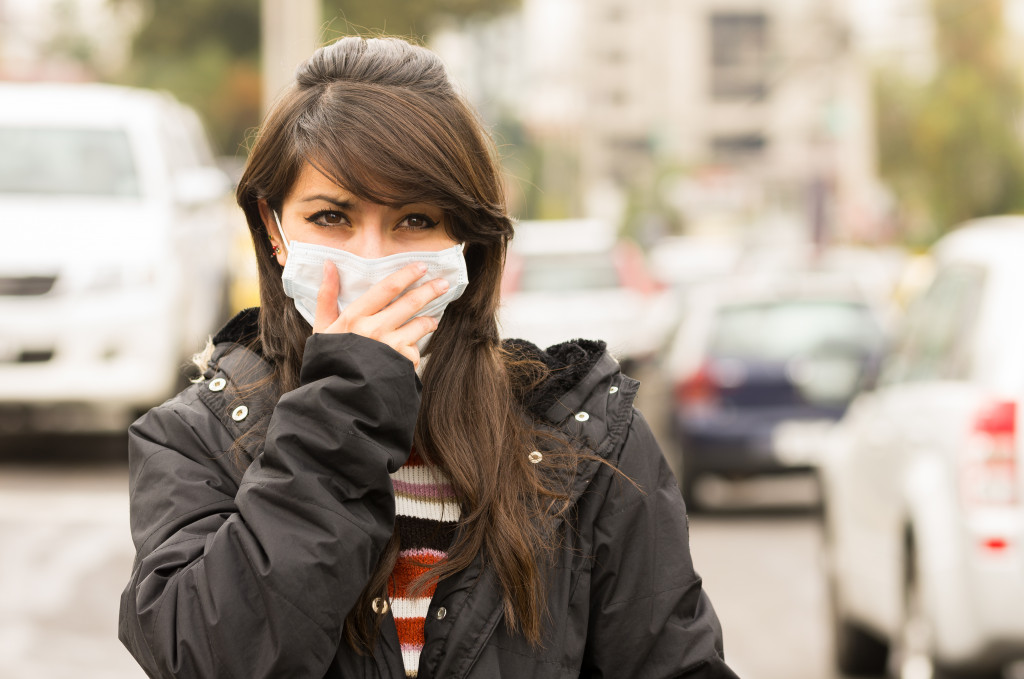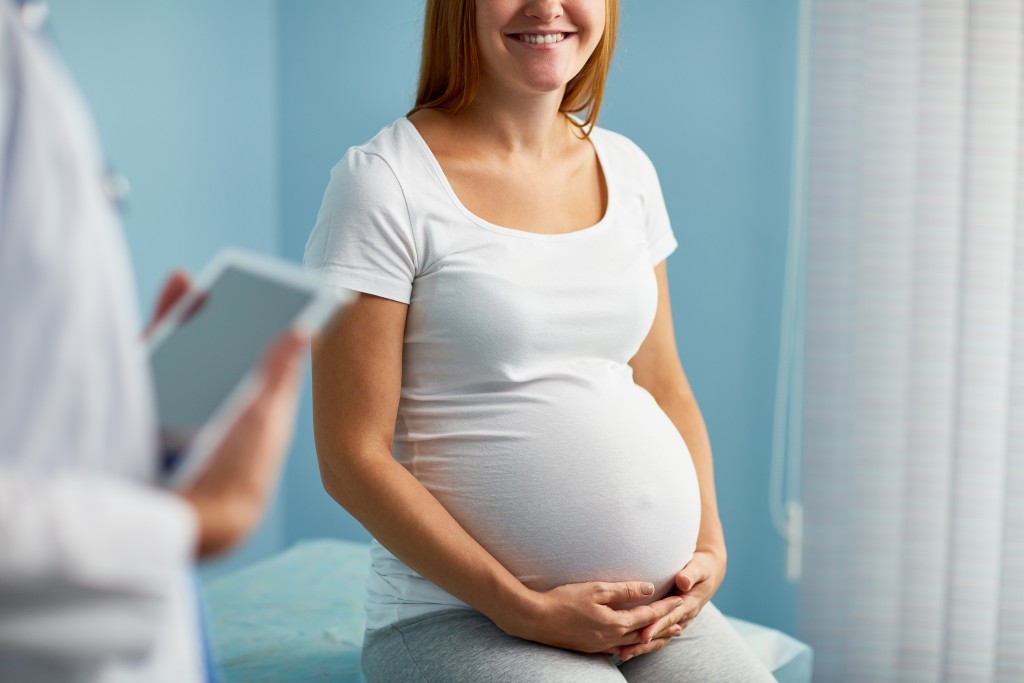There is still much to be learned regarding pregnancy and COVID. After more than a year since the sudden outbreak of the global pandemic, countless research groups have gathered plenty of data on how the virus can affect pregnant women and their babies.
Regardless, many questions remain unanswered. As the world begins its slow recovery, medical professionals weigh the effects of a vaccine on pregnant women. Vaccination safety during pregnancy remains up in the air.
Pregnancy and COVID-19
Researchers are still unaware of how widespread COVID-19 infection is among pregnant women. The majority of the data they have collected comes from women who visit the hospital for other reasons during their pregnancy. They do not end up in the hospital specifically because of the virus.
Postpartum recovery is also an important aspect to look into. Certain issues commonly occur after a mother gives birth, particularly postpartum depression (PPD). However, there are already various treatment options for PPD. Experts are now looking into how the virus can affect this stage as well.
Currently, the relationship between pregnancy and susceptibility to the virus is still unrecognized. Studies are being done to determine whether women are more vulnerable to the virus and its repercussions during a particular phase of pregnancy or postpartum recovery. Nonetheless, pregnant women are still considered to be among the most vulnerable groups.
COVID-related Risks
Respiratory viruses, like the coronavirus, pose a greater threat to pregnant women since their lungs are already functioning harder than usual. Pregnancy also drops women’s immune systems to avoid causing any harm to the baby. This leaves them more exposed to severe complications due to infections.
A recent study found that pregnant women who contracted the coronavirus during pregnancy are at greater risk of experiencing serious complications than women who are positive but asymptomatic. It’s been observed that pregnant women are less likely to show symptoms of COVID-19 than non-pregnant women.
Moreover, the odds of pregnant women positive with COVID-19 being admitted to the intensive-care unit (ICU) were 62% higher than for non-pregnant women of reproductive age. The need for invasive ventilation was also 88% higher.

Preterm Deliveries
There were higher preterm delivery rates for pregnant women who were COVID-positive compared with pregnant women who tested negative. Approximately 15.7% of women experienced preterm birth, while the expected national rate was at 10%.
Several studies suggest varying causes for these differences. Some note that this is due to the virus’s direct effects, while others believe it to be caused by maternal illness. Nonetheless, other risk factors that can worsen COVID-19, like high blood pressure and diabetes, are also being investigated.
Preterm birth can lead to significant health issues for a child later in life. Fortunately, most pregnant women with COVID-19 experience preterm deliveries in the last three months of their pregnancy. This presents the fetus with an increased likelihood of healthy development.
Vertical Transmission
Early into the global pandemic, health experts were worried whether there were chances of the virus transmitting from mother to baby. This remained unknown until December of 2020, when studies were publish suggesting that vertical transmission was rare.
According to the data, there was no evidence of the virus in the blood or cord blood in 62 pregnant women who tested positive for the virus. Around 48 babies that were swabbed for the virus at birth also tested negative.
There has been an established link between mothers who had severe viral infections during pregnancy and increased chances of depression and autism spectrum disorder in their children. Whether the coronavirus can have this similar effect is still to be determined.
Vaccination During Pregnancy
Being a high-risk group, physicians are convinced that pregnant women should be prioritized for vaccination. However, the safety of vaccines remains questionable since this particular group was excluded during the early trials.
For the most part, the decision to get vaccinated remains upon the patients themselves. The risks that the virus presents to pregnant women are much higher than the biology of the vaccine, which poses no specific threats. It is still best to consult a physician or other health care professionals when making this decision.
Government agencies, like the Food and Drug Administration (FDA) and the Centers for Disease Control and Prevention (CDC), are closely monitoring the effects of the vaccine on pregnant women. Researchers and advocacy groups use this situation to spark a change in future clinical trials to allow pregnant women to participate in research endeavors that will ultimately protect them.
What the Future Holds
In the end, pregnant women should still minimize their exposure to the virus by following established safety guidelines. Despite the promise of a vaccine, wearing masks and physical distancing should still be observed. While significant efforts have been made to establish the relationship between pregnancy and COVID-19, there are still plenty of questions to be answered.
